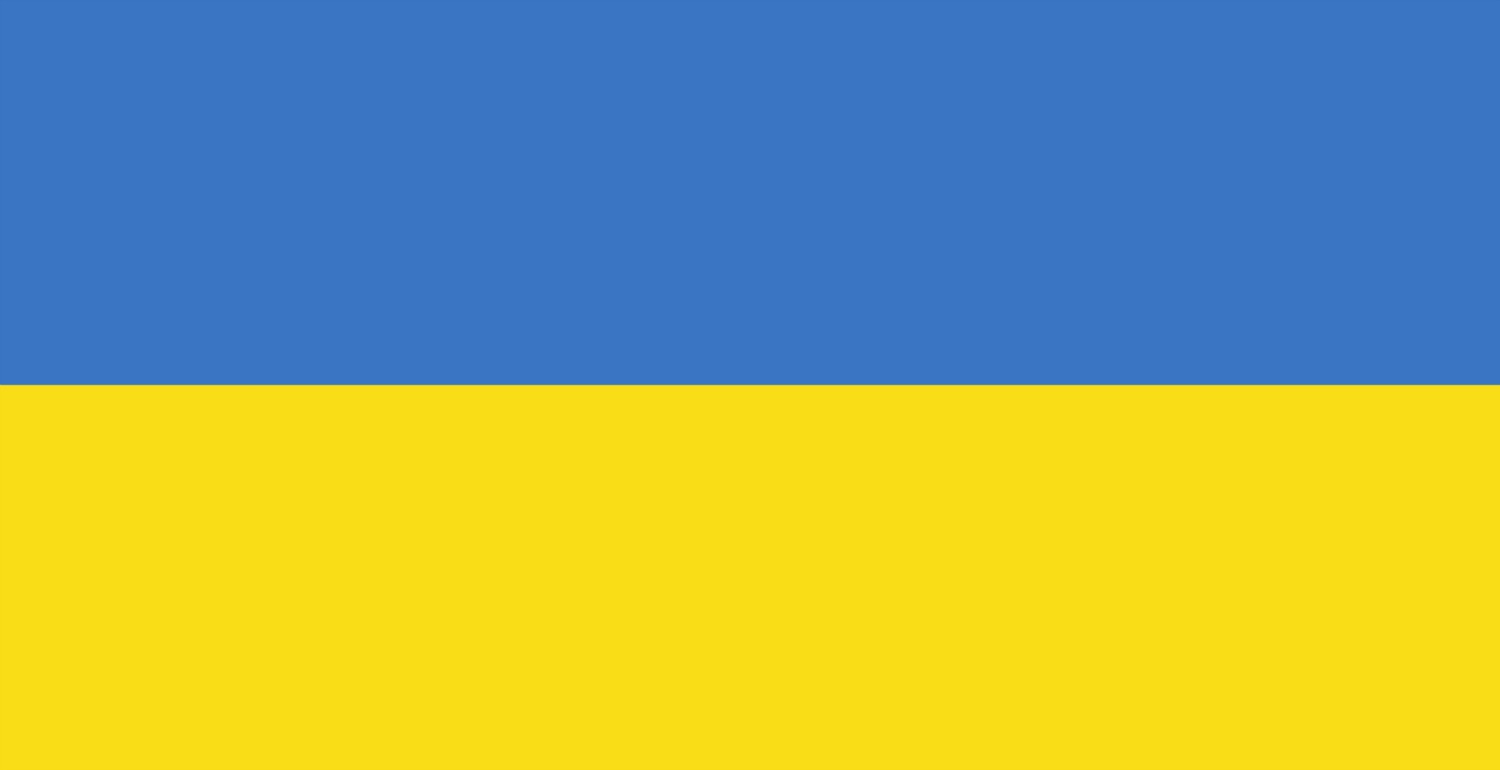By Orest Deychakiwsky and Ronald McNamara
The Helsinki Commission undertook several initiatives this fall in connection with Ukraine’s September 30th pre-term parliamentary elections, including deploying staff to observe the elections, sponsoring a Congressional resolution on the elections, and convening a public briefing on their implications. The elections – the fifth national balloting in less than three years — came on the heels of a political crisis that had engulfed Ukraine’s president, government and parliament for much of 2007.
The elections to the 450-seat parliament, the Verkhovna Rada, were judged by the OSCE-led International Election Observation Mission (IEOM) to have been conducted “mostly in line with OSCE commitments and other international standards for democratic elections and in an open and competitive environment.”
The September elections were monitored by some 800 international observers under OSCE auspices, including Helsinki Commission staff members who observed the balloting in western Ukraine’s Ivano-Frankivsk oblast and Kyiv’s Polilskiy District. Swedish parliamentarian Tone Tingsgård, the Special Coordinator of the short-term election observers for the IEOM and Vice-President of the OSCE Parliamentary Assembly, stated that these elections were conducted “in a positive and professional manner.”
While there were shortcomings, notably with respect to the quality of voter lists and delays in processing vote counts in a few districts, OSCE observers assessed the voting as good or very good in 98 percent of the nearly 3,000 polling stations visited, and the vote count was assessed as good or very good in 94 percent of the IEOM reports.
Commission staff observations were consistent with other international observer assessments. The voting process was calm, orderly, and, with very few exceptions, conducted in an efficient, professional and transparent manner. Members of precinct commissions representing various political parties and blocs, as well as the presence of party observers, helped to ensure the integrity of the voting process. The most significant shortcomings witnessed by staff stemmed from inaccuracies in the voters lists which led to inconsistencies regarding the treatment of voters, including the disenfranchisement of some at polling stations visited on election day.
The elections – with 60% voter turnout — saw Prime Minister Viktory Yanukovich’s Party of the Regions come in first with 34.3% of the votes. The most substantial gains over previous elections, however, were garnered by the electoral bloc of former Prime Minister Yuliya Tymoshenko (YTB), with 30.7%. President Victor Yushchenko’s Our Ukraine-People’s Self-Defense bloc (NUNS) placed third with 14.15%. Two other parties passed the 3 percent threshold required to enter the new parliament – the Communist Party with 5.4% and Bloc of former Rada Chairman Volodymyr Lytvyn with 3.9 percent. The two electoral blocs associated with Ukraine’s 2004 Orange Revolution — YTB and NUNS — have created a razor-thin majority coalition in the new Rada and on December 4, elected Foreign Minister Arseniy Yatseniuk as the new Chairman with a single vote to spare.
On October 5, Helsinki Commission Chairman Alcee L. Hastings, together with 12 other House Members, including Commissioners Slaughter, Solis, Butterfield, Smith, Aderholt and Pitts, sponsored a resolution congratulating the Ukrainian people for the holding of free, fair, open and transparent parliamentary elections in a peaceful manner consistent with Ukraine’s democratic values and national interest and expressing continuing Congressional interest and support for Ukraine. The resolution, which has garnered bipartisan backing, expresses strong support for the efforts of the Ukrainian people to build upon the democratic gains of the Orange Revolution. The resolution recognizes the link between the consolidation of democracy and the rule of law and the strengthening of Ukraine’s independence and integration with the West, and, importantly, serving as a positive role model for all too many post-Soviet countries caught in the vice of authoritarianism.
In introducing the resolution, Chairman Hastings expressed the hope “that Ukraine’s political leaders will form a government reflecting the will of the Ukrainian people as expressed by the results of the elections” and “that the new parliament and government will focus on the constitutional framework, especially the question of separation of powers, in order to avoid the political uncertainty that we witnessed earlier this year.”
On October 25, the Commission convened a public briefing: “The Ukrainian Elections: Implications for Ukraine’s Future Direction” with Ukraine’s Ambassador to the United States Oleh Shamshur, as well as former U.S. Ambassador to Ukraine William Miller, and Stephen Nix of the International Republican Institute, who had both been present at the elections as international observers.
In his assessment of the elections, Ambassador Shamshur noted that “for the second time in a row, Ukraine succeeded in avoiding most of the electoral pitfalls. Aside from minor deficiencies, there was no harassment of political opponents, no media oppression, no so-called creative counting or use of forged absentee ballots…Ukraine has once again confirmed its democratic credentials. That’s the irreversibility of the democratic change spurred by the Orange Revolution.”
Ambassador Miller, who observed in Ukraine as a member of the National Democratic Institute’s international observation delegation, called the elections “relatively free and fair.” He expressed the “hopeful possibility” that the two democratic (Orange) coalition partners, Yuliya Tymoshenko and Victor Yushchenko, “will fulfill finally the promises they made with their hands on their hearts” during the 2004 Orange Revolution.
Mr. Nix, while noting that IRI’s election observation mission found that the elections “broadly met international standards,” nevertheless urged the Ukrainian parliament and election officials “to address the quality of the voter lists to ensure their accuracy for the next national election.” He also called upon Ukraine’s leadership to take steps “to resolve the constitutional issues that were the very reason these elections were called.”







